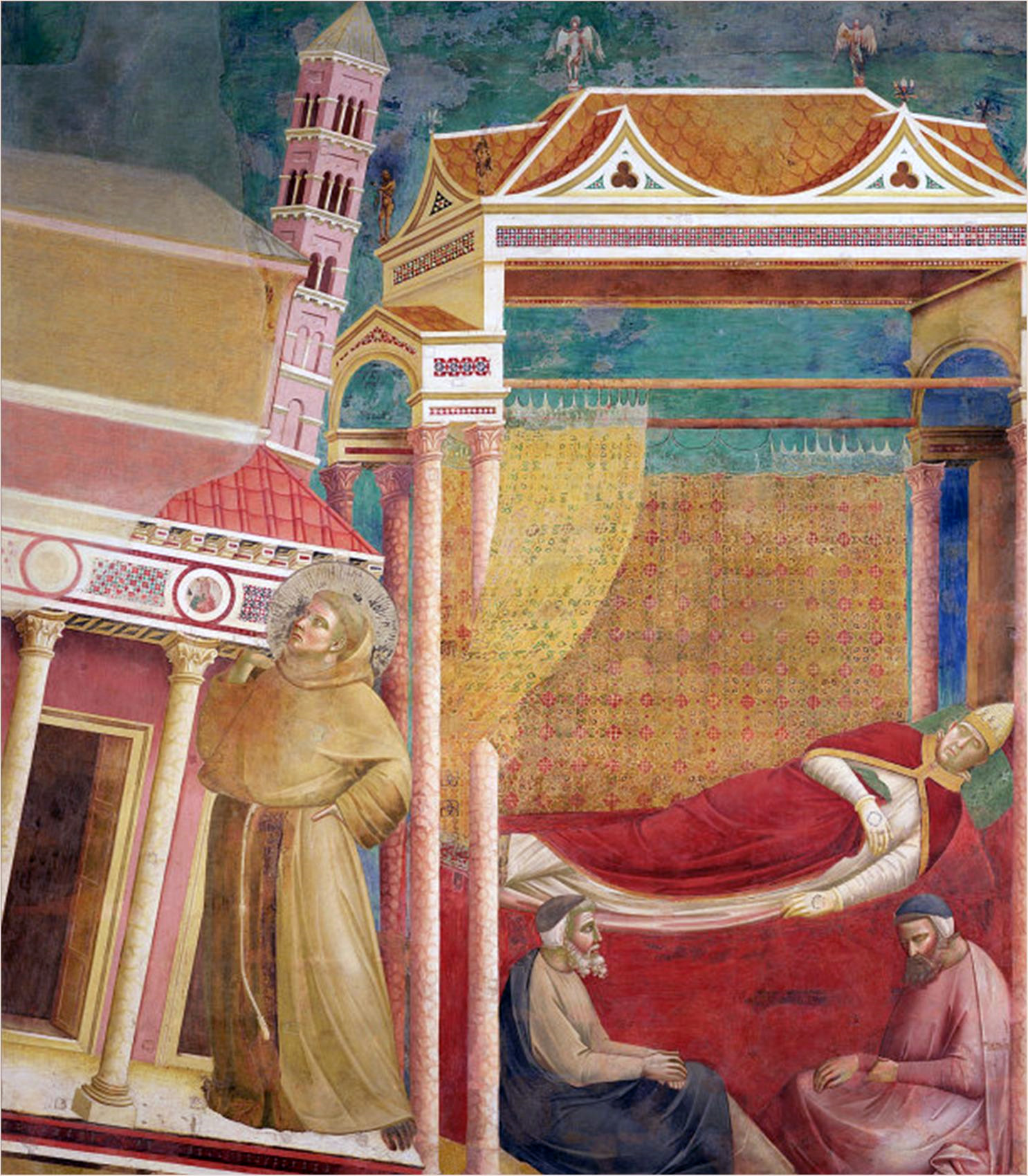Truth (scientific) cannot contradict truth (theological). Both are correct and non-exclusive of each other. The truth of evolution cannot be denied except through scientific methods. The theological truth of belief cannot be denied except through theology.
Strict literal interpretation of Genesis is highly problematic for young earth creationists, because it reduces God to a magician. God endowed humans with reason; a brain, He expects us to use it.
The Pope is addressing the Pontifical Academy of Science, he is not making a doctrinal, infallible declaration. But what he is saying is nothing new.
Unfortunately, there are still today biblical fundamentalists, both Protestant and Catholic, who do not understand this simple point: the bible is not a scientific treatise. When Christ said that the mustard seed was the smallest of seeds (and it is about the size of a speck of dust), he was not laying down a principle of botany. In fact, botanists tell us that there are smaller seeds. He was simply talking to the men of his time in their own language, and with reference to their own experience. Hence the warning of Pius XII in
Divino Afflante Spiritu (1943) that the true sense of a biblical passage is not always obvious, as the sacred writers made full use of the idioms of their time and place.
Concerning cosmological evolution, the Church has infallibly defined that the universe was specially created out of nothing. Vatican I solemnly defined that everyone must "confess the world and all things which are contained in it, both spiritual and material, as regards their whole substance, have been produced by God from nothing" (Canons on God the Creator of All Things, canon 5).
The Church does not have an official position on whether the stars, nebulae, and planets we see today were created at that time or whether they developed over time (for example, in the aftermath of the Big Bang that modern cosmologists discuss). However, the Church would maintain that, if the stars and planets did develop over time, this still ultimately must be attributed to God and his plan, for Scripture records: "By the word of the Lord the heavens were made, and all their host [stars, nebulae, planets] by the breath of his mouth" (Ps. 33:6).
Concerning biological evolution, the Church does not have an official position on whether various life forms developed over the course of time. However, it says that, if they did develop, then they did so under the impetus and guidance of God, and their ultimate creation must be ascribed to him.
Concerning human evolution, the Church has a more definite teaching. It allows for the possibility that man’s body developed from previous biological forms, under God’s guidance, but it insists on the special creation of his soul. Pope Pius XII declared that "the teaching authority of the Church does not forbid that, in conformity with the present state of human sciences and sacred theology, research and discussions . . . take place with regard to the doctrine of evolution, in as far as it inquires into the origin of the human body as coming from pre-existent and living matter—[but] the Catholic faith obliges us to hold that souls are immediately created by God" (Pius XII, Humani Generis 36). So whether the human body was specially created or developed, we are required to hold as a matter of Catholic faith that the human soul is specially created; it did not evolve, and it is not inherited from our parents, as our bodies are.
While the Church permits belief in either special creation or developmental creation on certain questions, it in no circumstances permits belief in atheistic evolution.
"Though faith is above reason, there can never be any real discrepancy between faith and reason. Since the same God who reveals mysteries and infuses faith has bestowed the light of reason on the human mind, God cannot deny himself, nor can truth ever contradict truth" (Catechism of the Catholic Church 159).
"The question about the origins of the world and of man has been the object of many scientific studies which have splendidly enriched our knowledge of the age and dimensions of the cosmos, the development of life-forms and the appearance of man. These discoveries invite us to even greater admiration for the greatness of the Creator, prompting us to give him thanks for all his works and for the understanding and wisdom he gives to scholars and researchers" (CCC 283).
The Catholic Church has always taught that "no real disagreement can exist between the theologian and the scientist provided each keeps within his own limits. . . . If nevertheless there is a disagreement . . . it should be remembered that the sacred writers, or more truly ‘the Spirit of God who spoke through them, did not wish to teach men such truths (as the inner structure of visible objects) which do not help anyone to salvation’; and that, for this reason, rather than trying to provide a scientific exposition of nature, they sometimes describe and treat these matters either in a somewhat figurative language or as the common manner of speech those times required, and indeed still requires nowadays in everyday life, even amongst most learned people" (Leo XIII, Providentissimus Deus 18).
As the Catechism puts it, "Methodical research in all branches of knowledge, provided it is carried out in a truly scientific manner and does not override moral laws, can never conflict with the faith, because the things of the world and the things the of the faith derive from the same God. The humble and persevering investigator of the secrets of nature is being led, as it were, by the hand of God in spite of himself, for it is God, the conserver of all things, who made them what they are" (CCC 159). The Catholic Church has no fear of science or scientific discovery.
Bottom line: God is the creator of all things.

